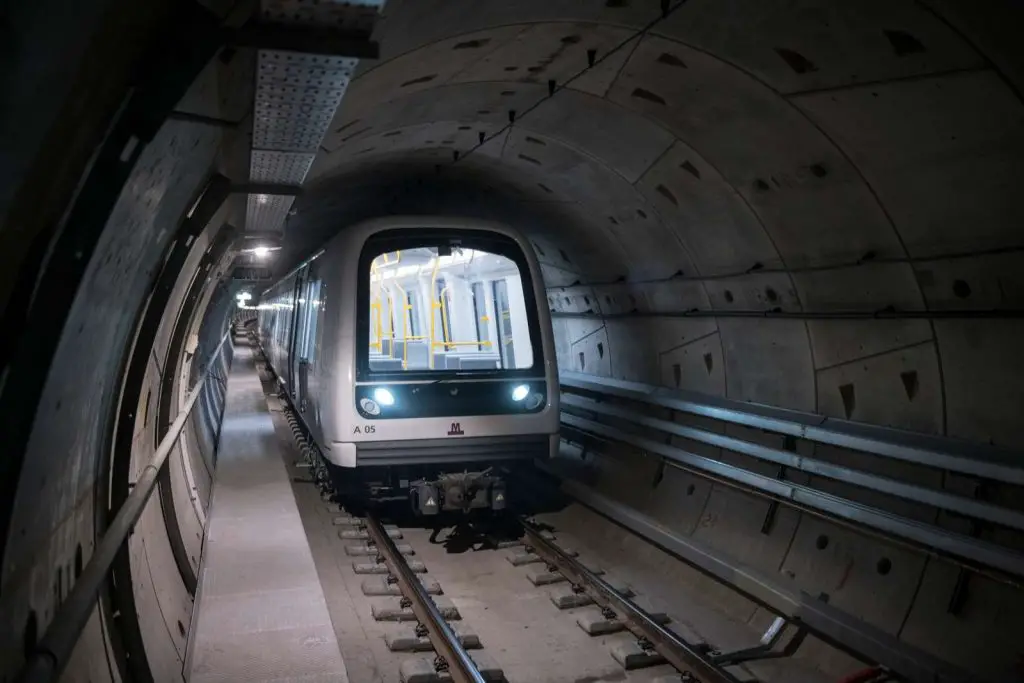A joint venture has been appointed to provide advisory services for the development of Copenhagen’s M5 Metro Line project. The JV, which includes Arup and Cowi was appointed by Metroselskabet, the operator of the Copenhagen metro.
The agreement includes conducting an environmental impact assessment for the proposed route. They will also offer advice on cable rerouting and construction planning. Furthermore, they will work towards reducing the carbon footprint of the project by 50% compared to other metro lines.
The upcoming Østhavn M5 metro line will connect new city development areas to the east of Copenhagen. It will span 10 stations from Copenhagen Central Station through Islands Brygge, Amagerbrogade, and Refshaleøen to Lynetteholm and Østerport.
The route is expected to incorporate a combination of new tunnels and viaducts. The project will also explore possibilities for connecting to a potential future Øresund Metro. This is as well as the potential for additional stations to close the ring between Copenhagen Central Station and Østerport.
According to Metroselskabet, the new metro line is crucial to addressing capacity challenges in the existing metro system over the harbour section. Thus, it will promote sustainable urban development in the new areas of Kløverparken, Refshaleøen, and Lynetteholm.
READ ALSO: Planners to Submit Revised Design for ‘Therme Manchester’ Resort
Construction Plans for the Copenhagen’s M5 Metro Line Project
The joint venture between Arup and Cowi successfully secured the advisory role, prevailing over three other bidders: Artelia Aecom M5, Niras, and a joint venture of Ramboll and Atkins.
Metroselskabet‘s M5 project director, Russell Saltmarsh, emphasized the importance of collaboration and dialogue with the advisors. Saltmarsh explained that their involvement from the beginning is essential to achieve the project’s goals. The goals revolve mainly around prioritizing the customer experience while significantly reducing the climate impact.
Arup project director Alison Norirsh highlighted the commitment to carbon reduction. He said that the new M5 line will establish new standards for climate considerations and contribute to a greener future for Copenhagen.
Cowi project director Flemming Billeskov on the other hand described the project’s sustainability vision as ambitious, emphasizing the role of innovation and digitization in developing new solutions. The aim is to significantly reduce the climate footprint and set new standards for future metro systems.
Construction of the M5 metro line is scheduled to commence in 2025, with the system expected to become operational 10 years later. The project aims to not only provide efficient transportation but also act as a catalyst for sustainable urban development and environmental stewardship in Copenhagen.

Leave a Reply